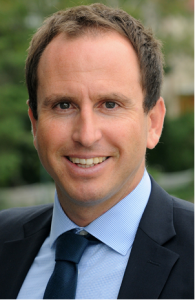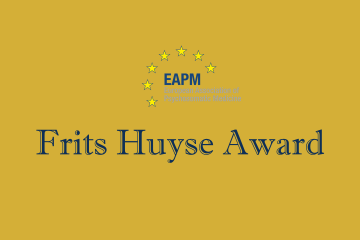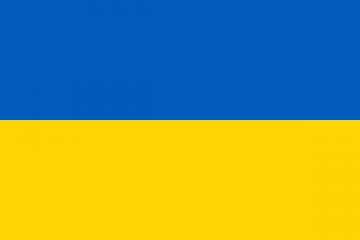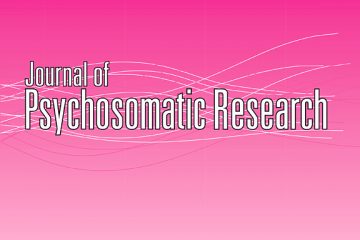written by Christian Fazekas & Christoph Pieh


At the beginning of the year 2018 a sub-specialty in psychosomatic medicine has been established in Austria. It was termed “specialisation in specialty-related psychosomatic medicine”. The novel sub-specialty can be acquired by general practitioners and medical specialists of all clinical fields. Thus, a structured integration of psychosomatic medicine in all medical fields is prepared and formally achieved. This development is complementing the well-established “PSY-Curricula” which are part of continuing medical education (CME) in Austria since more than 25 years.
Henceforward, there are two ways to acquire psychosomatic competence in Austria: by attending the PSY-Curricula level one and level two, thus receiving a Diploma for Psychosocial Medicine and a Diploma for Psychosomatic Medicine; or by the novel sub-specialty. In contrast to the Austrian PSY-Curricula for Psychosocial Medicine and Psychosomatic Medicine, training for this sub-specialty will primarily take place in the hospital in the respective field of one´s own medical expertise. After 18 months of providing psychosomatic care in a specialised unit participants graduate with a Diploma for specialty-related Psychosomatic Medicine. Both approaches to psychosomatic competence are regarded as equivalent prerequisites to enter level three of the PSY-Curricula. This level offers training for psychotherapeutic medicine and requires a further three years of training before graduation.
The PSY-Curricula have attracted approximately 10% of medical doctors. A few studies also investigated aspects of effectiveness of this programme and reported several positive results (Fazekas and Leitner 2012). Nevertheless, in the last years it was increasingly questioned if there was adequate care for patients in need of psychosomatic medicine. A proposal to introduce a sub-specialty in psychosomatic medicine to facilitate quality assurance was developed under the guidance of the Austrian Society of Psychosomatics and Psychotherapeutic Medicine. This proposal turned out to receive considerable support by health care experts of different medical disciplines (Leitner et al. 2013). After a comprehensive and constructive discussion among all associated medical societies, the Austrian Medical Chamber decided to establish this novel specialisation to strengthen integration of the biopsychosocial factor within medical specialties, to foster interdisciplinary cooperation, and to help improve psychosomatic care in Austria (Fava et al. 2012).
Literature
Fava G.A., Ruini C., Tomba E., Wise T.N. (2012). The biopsychosocial factor. Psychother Psychosom, 81, 1-4.



0 Comments